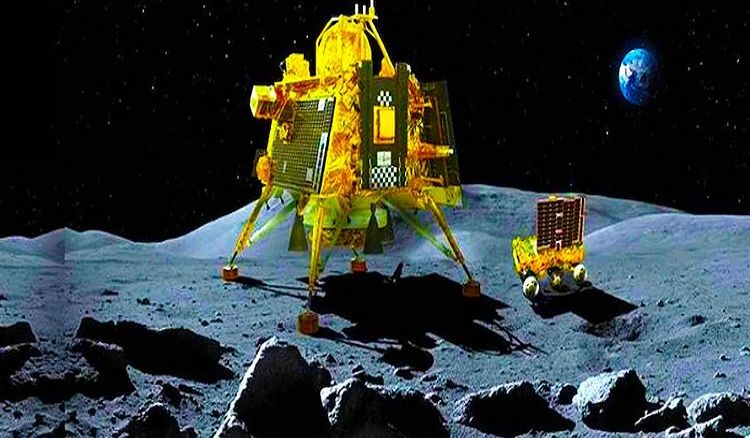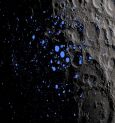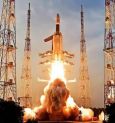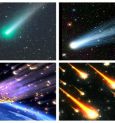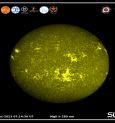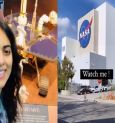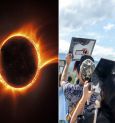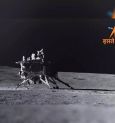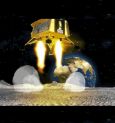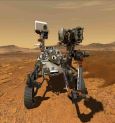The Indian Space Research Organisation (ISRO) announced on Thursday that the spacecraft recorded a seismic activity appearing to 'be a natural one' conducted by the Chandrayaan 3 moon mission. The event, detected by Vikram Lander, indicates the possibility of a quake on the moon. ISRO said that the Lunar Seismic Activity (ILSA) payload recorded an event that appeared to be a natural one. The Indian space agency added that the source of this event is under investigation.
ISRO posted this in an X post and captioned, "Chandrayaan-3 Mission: In-situ Scientific Experiments—Instrument for the Lunar Seismic Activity (ILSA) payload on Chandrayaan 3 Lander—the first Micro Electro Mechanical Systems (MEMS) technology-based instrument on the moon—has recorded the movements of Rover and other payloads. Additionally, it has recorded an event, appearing to be a natural one, on August 26, 2023. The source of this event is under investigation."
What Does ILSA Do? Vikram’s Lander ILSA comprises a cluster of six high-sensitivity accelerometers that are aboriginally fabricated using the silicon micromachining process. The core sensing element consists of a spring-mass system with comb-structured electrodes. External vibrations lead to a deflection of the spring, resulting in a change in capacitance, which is converted into voltage.
ILSA's main work is to measure the ground vibrations generated by natural quakes, impacts, and artificial events during the Chandrayaan 3 Mission. Additionally, an event, seemingly natural, recorded on August 26 is also shown. The source of this event is currently under investigation, the Indian Space Agency said.
The Chandrayaan-3 mission, which successfully landed on the moon on August 23, has been conducting various experiments to better understand the lunar South Pole region. Chandrayaan 3 has completed half of the expected life, as the lunar night will come next week when the temperature could decrease as low as -200 degrees Celsius. Vikram Lander and Pragyan Rover will stop working in such chilling cold.
 বাংলায় পড়ুন
বাংলায় পড়ুন


